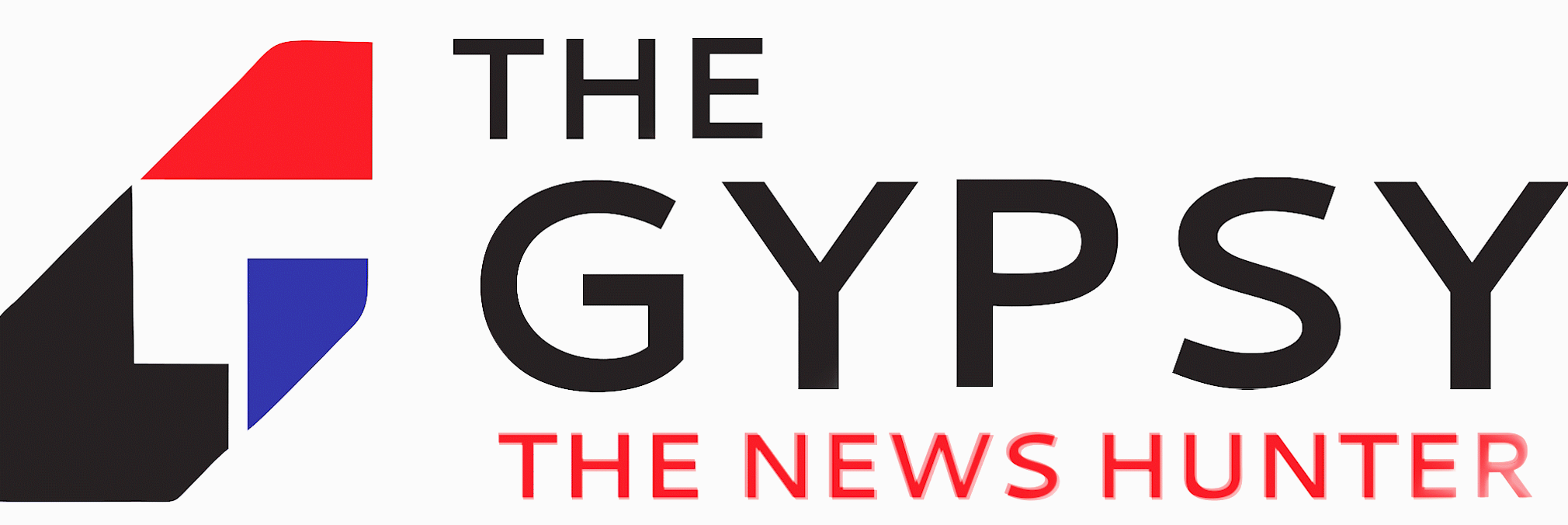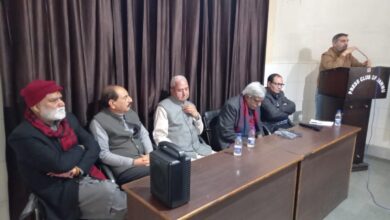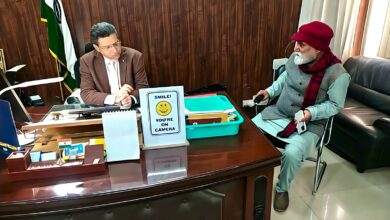Will Rhea Chakraborty get bail? Legal experts answer
Rhea Chakraborty was arrested by the NCB under the NDPS Act today. The actress, through her lawyer, had applied for a bail before the court. The hearing of her bail is still going on through a video conference.
 After three days of questioning, Rhea Chakraborty was arrested on Tuesday afternoon by the Narcotics Control Bureau (NCB). The NCB has linked Rhea Chakraborty to offences relating to trade, sale, purchase and use of the banned substances.
After three days of questioning, Rhea Chakraborty was arrested on Tuesday afternoon by the Narcotics Control Bureau (NCB). The NCB has linked Rhea Chakraborty to offences relating to trade, sale, purchase and use of the banned substances.
In its remand application before the court, the NCB has alleged that Rhea is “an active member of the drug syndicate connected with drug suppliers.” They have also claimed that Rhea used to procure drugs for consumption of Sushant Singh Rajput, and managed finance for drug procurement along with Sushant.”
According to legal experts, while the offences are serious, proving the allegation against Rhea would not be easy. The notification issued by the Central government under the NDPS Act classifies upto 1 kg of ganja as “small quantity.”
Under Section 20(b) of the NDPS Act, punishment for a person who “produces, manufactures, possesses, sells, purchases, transports, imports inter-state, exports inter-state or uses cannabis” in “small quantity” faces imprisonment of upto 1 year, with a fine of upto Rs 10,000.
For “intermediate quantity” the imprisonment is upto 10  years, with a fine of upto Rs 1,00,000, while “commercial quantity” of above 10 kg of ganja comes with a minimum 10 year sentence which could be enhanced upto 20 years in prison.
years, with a fine of upto Rs 1,00,000, while “commercial quantity” of above 10 kg of ganja comes with a minimum 10 year sentence which could be enhanced upto 20 years in prison.
While no drugs have been recovered from Rhea or Showik, around 59 grams of Ganja was recovered from three alleged “drug peddlers” arrested earlier. If the seizure was limited to the ‘small’ quantity, it would be very easy for Rhea and others to get bail, since offences with less than 3 years imprisonment are bailable, and generally first time offenders are released on a personal bond.
Abdel Basit Parihar, who is said to be a middleman in the drug trade, has been directly linked with Samuel Miranda and Showik Chakraborty. Miranda has also allegedly disclosed to the NCB that he procured drugs for Sushant on instructions of both Sushant and Rhea.
According to the remand application filed by the NCB, a larger quantity of drugs were also recovered from alleged drug dealer Anuj Keshwani, who is said to be the supplier behind Kaizan Ibrahim, who in turn was the dealer who supplied drugs to Parihar and Zaid. The haul from Keshwani includes a “small quantity” of ganja, but intermediate quantity of Hashish, and commercial quantities of LSD and THC.
The trouble for Rhea, Showik and other co-accused comes because the NCB has also added Section 27A to the FIR.
Section 27A- Punishment for financing illicit traffic and harbouring offenders.—Whoever indulges in financing, directly or indirectly, any, of the activities specified in sub-clauses (i) to (v) of clause (viiia) of section 2 or harbours any person engaged in any of the aforementioned activities, shall be punishable with rigorous imprisonment for a term which shall not be less than ten years but which may extend to twenty years and shall also be liable to fine which shall not be less than Rs 1,00,000 but which may extend to Rs 2,00,000. Provided that the court may, for reasons to be recorded in the judgment, impose a fine exceeding Rs 2,00,000.
This section by itself carries a harsh punishment, but additionally, makes it difficult to get bail, since Section 37 of the NDPS Act has set conditions barring grant of bail without a detailed hearing. Section 37 says that bail for a person accused under 27A cannot be granted till the Public Prosecutor has been given an opportunity to oppose the application for such release.
The second clause makes bail even more difficult, as it says that bail would not be granted in cases where the Public Prosecutor opposes the application, unless “the court is satisfied that there are reasonable grounds for believing that he is not guilty of such offence and that he is not likely to commit any offence while on bail.”
This provision makes it clear that the court has to take a prima facie view that the accused person is innocent of the offence of financing the drug trade.
The main allegation against Rhea is of purchasing drugs for Sushant. The legal question would be whether she can be accused of financing the drug trade itself. A lot will depend on whether the NCB is able to link Rhea and her family to Criminal conspiracy and abetment of the drug cartel.
The NCB in it’s remand application has argued that since Rhea “procured” drugs for Sushant, she was part of “financing” the drug trade.
Legal experts say that a lot will depend on how the evidence is linked.
“If she is simply providing the money to buy the drugs for her use or her boyfriend’s use, the argument can be made that she is not ‘financing’ the trade but is involved in purchase. In case of such small quantities being found, in my opinion the NCB acted too hastily in arresting her,” says senior advocate Ramesh Gupta.
Advocate Deepak Anand Masih, however, says that it may be difficult for Rhea to get bail in this situation. “The issue will also be of what is the main offence? Is it a case of abetment or conspiracy of 20 (b) or 27A? If the allegation is that she is a part of the cartel it would be difficult to get bail,” says Masih.
As the court hears the application filed by the NCB and the bail plea of Rhea Chakraborty, a long legal battle seems to lie ahead.







